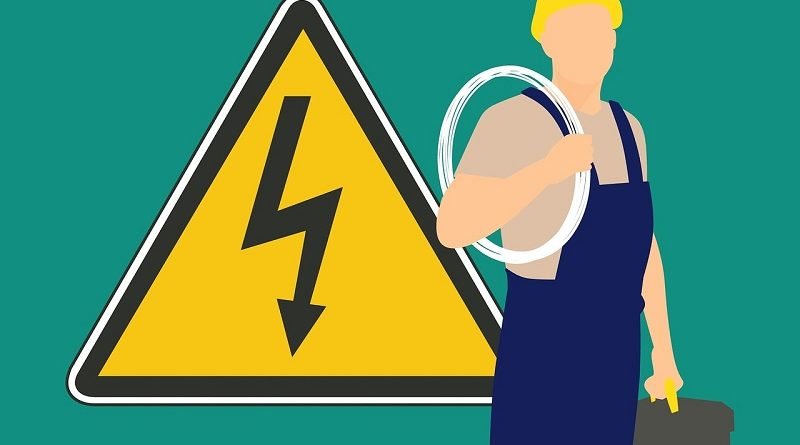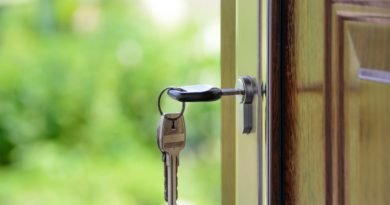Home Safety: Effective Electrical Safety Tips for Homeowners
Your home should be a sanctuary – a haven that assures safety for you and your loved ones. However, the convenience provided by electricity, often taken for granted, can sometimes pose a threat if not handled cautiously. Enhancing electrical safety within your home helps prevent potential risks. To do this effectively, you might need assistance from professional electricians, such as those at Northern Beaches.
This article outlines several key considerations to fortify your home against electrical hazards:
Limit the Use of Extension Cords
When managing multiple appliances and gadgets that require power, it may seem like there are never enough power outlets in the home. This often leads to the use of extension cords. However, a more effective solution is to invest in a high-quality power strip with a 2-3 feet cord that can be plugged directly into a wall outlet. Remember, quality matters with power strips, so refrain from buying the cheapest option as it might compromise safety. If possible, consider installing additional wall outlets with the help of a Northern Beaches Sydney electrician for a more permanent solution.
Use Appropriate Wattage Bulbs in Light Fixtures
Most ceiling-mounted light fixtures are typically rated for 60-watt bulbs due to the heat they generate. Fixtures hanging lower, not in direct contact with the ceiling, can accommodate higher wattage bulbs. It’s crucial not to replace a 60-watt bulb with a 100-watt bulb since the fixture might not handle the extra heat, potentially overheating the wires in the electrical box.
Install GFCI Protected Outlets
GFCI (Ground Fault Circuit Interrupter) protected outlets are designed for use in areas near water or outdoors. They should be installed in kitchens, bathrooms, and all external outlets. These outlets monitor the inflow and outflow of current and will automatically shut off if there’s a discrepancy, offering an additional layer of safety. If your home lacks GFCI protected outlets, consider hiring an emergency electrician from Northern Beaches to ensure everyone’s safety in your residence.
Ensure Correct Sizing for Fuses or Circuit Breakers
Most homes use 12 AWG wire rated for 20 amps, but some circuits and branches require a 14 AWG wire rated for 15 amps. Older homes often have fuses instead of circuit breakers. If a fuse blows out, it’s straightforward to replace, but using a fuse not sized correctly for the wire can be dangerous.
Regularly Inspect Extension Cords
Ensure extension cords are safe to use. There may be times when the ground pin over the extension cord is damaged or broken off, creating a hazardous situation. In such instances, purchase a replacement cord cap to seal off the cord ends and avoid electrocution. Regularly inspect cords for damage with the help of Northern Beaches electrical contractors, replacing them when necessary.
By following these guidelines, you can make your home safer and reduce the risk of electrical hazards. Always remember, when in doubt, enlist the help of professional electricians to ensure your home’s electrical system is as safe as possible.




